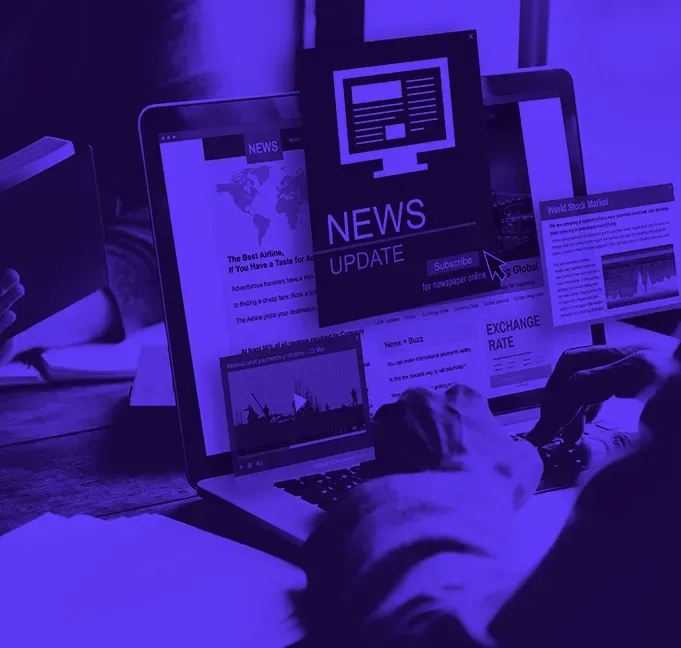The Executive MBA (EMBA) is a sought-after MBA Program for working professionals. who aim to elevate their careers while maintaining their current jobs. In India, the popularity of this course has risen significantly due to its focus on developing leadership and managerial skills.
About 19% of Indian candidates consider pursuing an EMBA, according to the Graduate Management Admission Council (GMAC). For 2026, several updates have been made to the eligibility criteria and selection process for pursuing an Executive MBA in India. This blog explains Executive MBA eligibility 2026 in a comprehensive, easy-to-understand way.
Get Complete Details From Expert
What is an Executive MBA?
An Executive MBA is designed for professionals with significant work experience who wish to advance their careers without taking a break from their jobs. Unlike a regular MBA, an EMBA focuses on practical knowledge and real-world applications. The course is structured to cater to the busy schedules of working professionals, often scheduling classes on weekends, evenings, or in a blended online and offline format.
Why Choose an Executive MBA?
The 2026 Executive MBA is ideal for individuals aiming to:
- Accelerate Career Growth: Enhance leadership skills and qualify for senior management roles.
- Switch Careers: Gain expertise in a new domain while continuing to work.
- Expand Professional Networks: Build connections with peers and experts from diverse industries.
- Gain Global Perspectives: Acquire skills and knowledge relevant to international standards.
Updated MBA Entrance Requirements for 2026
To enroll in this program, candidates must meet the following MBA entrance requirements:
1. Work Experience
One of the primary criteria for an EMBA is substantial professional experience. For 2026, the minimum required work experience is typically 5 years. However, some institutions may consider candidates with 3–4 years of experience if they have demonstrated significant achievements in their field.
2. Educational Qualification
Candidates must have a bachelor’s degree from a recognised university. They must have completed their undergraduate education with a minimum percentage or grade, often set at 50% or equivalent CGPA. Certain programs may also accept candidates with relevant professional certifications as an alternative to formal degrees.
3. Age Requirement
Although there is no strict age limit, most candidates fall within the age bracket of 28 to 45 years. The focus is on individuals in the middle stages of their careers seeking upward mobility.
4. English Proficiency
Proficiency in English is essential, as the course is conducted in this language. Some institutions may also require candidates to provide scores from language proficiency tests if their prior education was not in English.
5. Management Aptitude Tests
Certain programs might require scores from aptitude tests. These tests assess skills like logical reasoning, quantitative aptitude, and communication. For 2026, the emphasis is on ensuring candidates possess the analytical and leadership potential required for the program.
6. Employer Support
As the EMBA demands significant time and effort, many institutions recommend or require candidates to have a letter of support from their employer. This document ensures the employer knows the candidate’s commitment to the program and may assist with time off or financial sponsorship.
Know More About Our Online Programs
Updated Selection Process for 2026
The selection process for Executive MBA admissions in 2026 has become more efficient yet competitive. It includes several stages, designed to assess a candidate’s professional achievements, academic capabilities, and leadership potential.
1. Application Submission
The first step is to submit an online application form. Candidates must provide:
- Personal and professional details.
- Educational qualifications.
- Details of work experience, including roles and achievements.
- Statement of Purpose (SOP) outlining career goals and motivation for pursuing the EMBA.
2. Aptitude Assessment
If required, candidates may need to take a management aptitude test. Some institutions conduct their tests, while others accept scores from widely recognised exams. These tests measure the analytical, verbal, and decision-making skills of applicants.
3. Resume Evaluation
Institutions place significant emphasis on the professional experience of candidates. A detailed evaluation of the candidate’s resume is carried out to assess:
- Career progression
- Key accomplishments
- Leadership roles undertaken
- Industry relevance of experience
4. Group Discussions and Case Studies
Candidates may participate in group discussions or case study analyses to evaluate teamwork and problem-solving skills. These activities assess how well candidates communicate, collaborate, and think critically under pressure.
5. Personal Interview
The personal interview is often the final stage of the selection process. Conducted by a panel of faculty members and industry experts, the interview evaluates:
- Leadership potential
- Professional and academic achievements
- Clarity of goals and vision
- Ability to handle the demands of the EMBA program
6. Employer Recommendation
As part of the selection process, candidates might be asked to submit a recommendation letter from their employer. The letter highlights the candidate’s contributions to the organization and their readiness for an advanced management program.
7. Final Selection
The final selection is based on a holistic review of all stages. Institutions select candidates who meet the eligibility criteria and bring diverse perspectives to the classroom.
Benefits of Pursuing an Executive MBA
An Executive MBA offers numerous benefits that go beyond academic knowledge:
- Skill Development: Acquire advanced skills in leadership, strategy, and decision-making.
- Career Advancement: Open doors to higher-level roles with increased responsibilities and salaries.
- Networking: Connect with professionals and industry leaders, expanding your professional network.
- Global Exposure: Gain insights into international business trends and practices.
- Practical Learning: Apply classroom lessons directly to your workplace, bridging the gap between theory and practice.
Take the next step in your career ?
Conclusion
An Executive MBA is a transformative experience that equips students with the skills and knowledge needed to excel in their careers. With the updated Executive MBA eligibility 2026 and selection process, institutions aim to ensure that only the most committed and capable candidates get in.
By preparing thoroughly and aligning your goals with the requirements, you can maximize this opportunity to achieve your career aspirations. So, if you’re ready to take the next big step in your professional journey, start preparing for an Executive MBA at Amity University Online. Known for its innovative curriculum, flexible learning options, and focus on real-world applications, Amity offers comprehensive MBA programs for working professionals and students.




